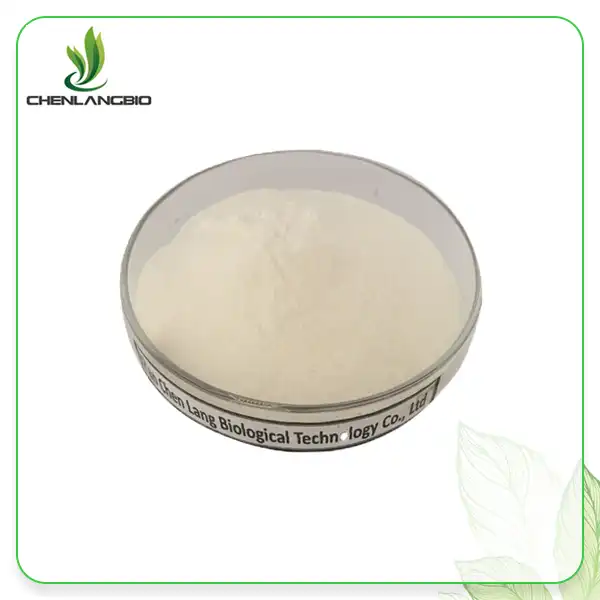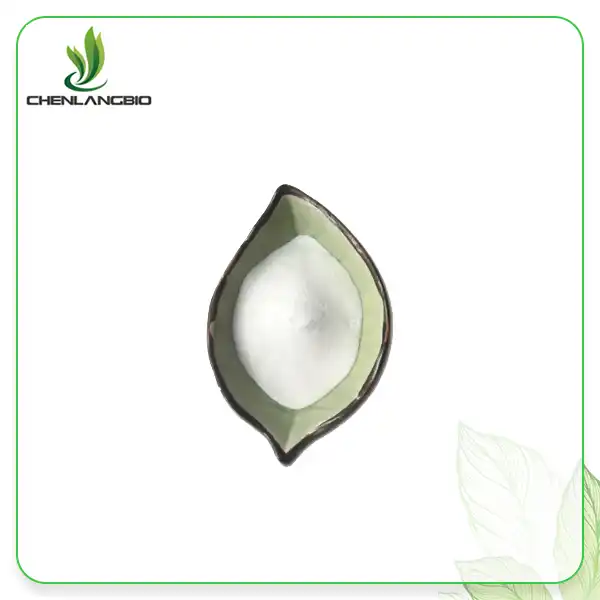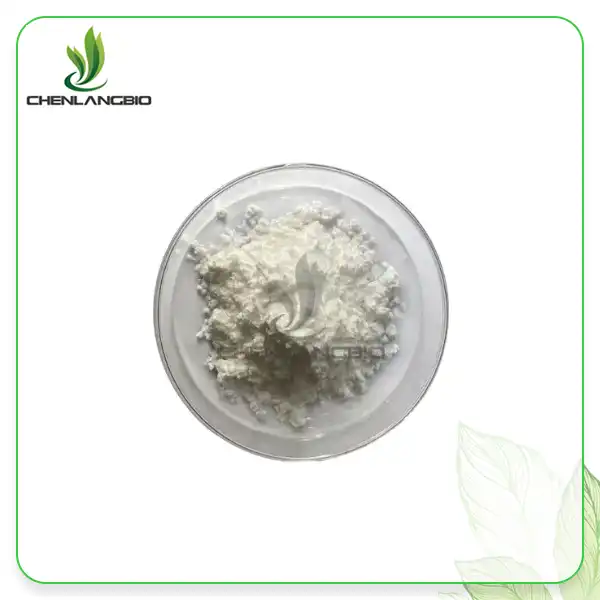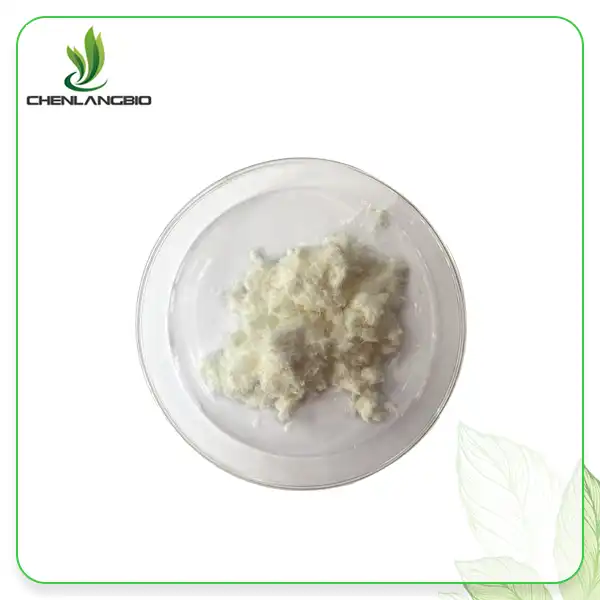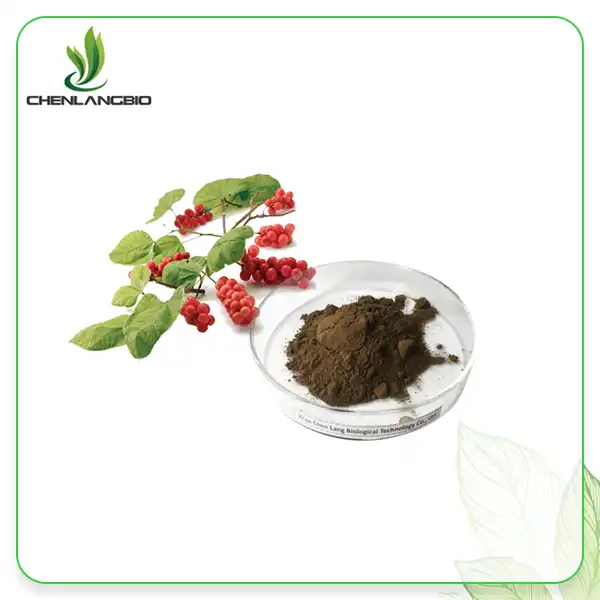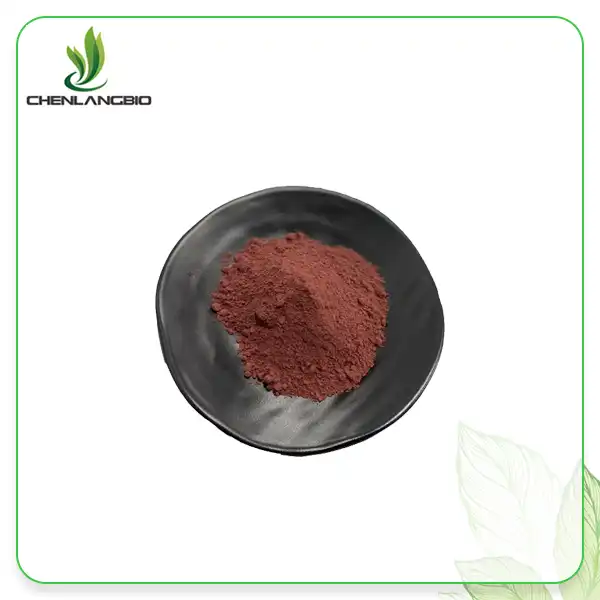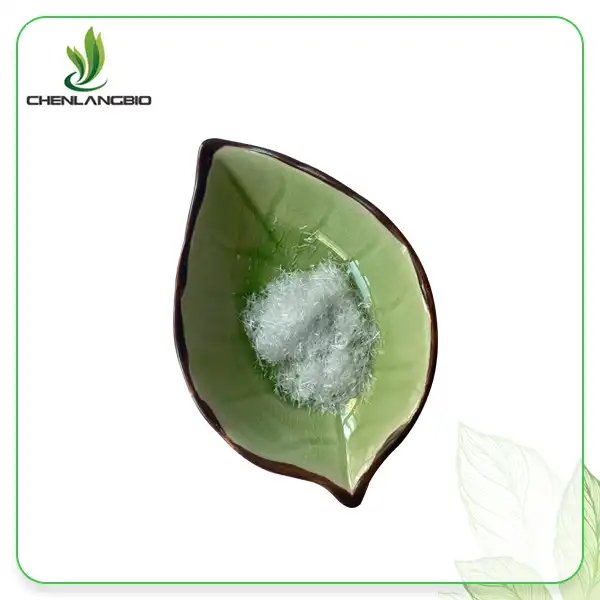What Does Sodium Ascorbyl Phosphate Do for Skin
2024-07-13 11:07:30
Sodium ascorbyl phosphate (SAP), a stable, water-soluble derivative of vitamin C, is frequently used in cosmetic products. SAP is commonly used to enhance skin texture, minimize hyperpigmentation, and protect the skin from the environment since it brightens the skin and has antioxidant characteristics. In this piece, we'll go over the many benefits of sodium ascorbyl phosphate, address common queries, and give you a thorough analysis of this effective skincare component.
How Does Sodium Ascorbyl Phosphate Benefit the Skin?
Antioxidant Protection
Sodium ascorbyl phosphate helps protect the skin from free radical damage since it is a potent antioxidant.
Free radicals are unstable substances that can lead to oxidative stress, which ages the skin prematurely and damages it. SAP serves as an antioxidant in this manner:
Neutralizing Free Radicals: SAP helps neutralize free radicals, preventing them from causing cellular damage.
Enhancing UV Protection: While SAP isn’t a substitute for sunscreen, it can enhance the skin’s defense against UV-induced damage.
Skin Brightening
One of the most sought-after benefits of SAP is its ability to brighten the skin. It helps in reducing dark spots and hyperpigmentation:
Inhibition of Melanin Production: SAP inhibits the enzyme tyrosinase, which is involved in melanin production, thereby reducing dark spots.
Even Skin Tone: Regular use of SAP can lead to a more even skin tone and a brighter complexion.
Collagen Production
Collagen is essential for maintaining the skin’s structure and elasticity. SAP plays a role in collagen synthesis:
Stimulating Collagen Production: SAP promotes the production of collagen, which helps reduce the appearance of fine lines and wrinkles.
Improving Skin Firmness: Increased collagen levels lead to firmer and more youthful-looking skin.
Anti-Inflammatory Properties
SAP also has anti-inflammatory properties, which can benefit those with acne-prone or sensitive skin:
Reducing Inflammation: SAP can help reduce inflammation and redness associated with acne.
Preventing Acne: By reducing inflammation and controlling sebum production, SAP can help prevent acne breakouts.
Moisturizing Effect
While not a primary function, SAP can contribute to skin hydration:
Hydrating the Skin: SAP helps maintain the skin’s moisture balance, contributing to a plump and hydrated appearance.
Is Sodium Ascorbyl Phosphate Safe for Sensitive Skin?
Gentle on the Skin
SAP, in contrast to other forms of vitamin C, is well-known for its gentleness on the skin:
Reduced Risk of Irritation: Compared to pure ascorbic acid, SAP is less likely to irritate the skin, making it suitable for people with sensitive skin.
Consistent Formulation: The stability of SAP in water-based formulations reduces irritation and oxidation risk.
How to Use SAP Safely
Follow these guidelines to ensure that SAP is safe and effective for sensitive skin:
Test of Patch: Before incorporating a new product into your routine, always conduct a patch test.
Introduction in Progress: Start with a lower concentration and increase it gradually as your skin gets used to it.
Combination with Calming Ingredients: To reduce irritation, combine SAP with ingredients that are calming and hydrating.
Common Concerns
Despite the fact that SAP is generally secure, it is essential to be aware of the following potential issues:
First Breakthroughs: As the skin adjusts to SAP, some people may experience their first breakout.
Incorporating Other Activities: To avoid irritation, combine SAP with other active ingredients with caution.
Can Sodium Ascorbyl Phosphate Help with Acne?
Anti-Acne Benefits
Due to its anti-inflammatory and antimicrobial properties, SAP is effective in treating acne:
Getting Rid of Acne Scars: By controlling the growth of bacteria and inflammation, SAP can reduce the number of acne lesions.
Stopping Future Outbursts: Using SAP on a regular basis helps keep the skin clear by preventing future breakouts.
How SAP Works for Acne-Prone Skin
SAP addresses multiple factors contributing to acne:
Controlling Sebum Production: SAP helps regulate sebum production, reducing the likelihood of clogged pores.
Fighting Bacteria: Its antimicrobial properties help fight acne-causing bacteria.
Using SAP in an Acne Routine
Incorporate SAP into your complete skincare routine to effectively treat acne:
Cleaning: Use a mild cleanser to get rid of pollutants without stripping the skin.
Exfoliating: To remove dead skin cells and avoid blocked pores, use a mild exfoliator.
SAP implementation: SAP serum or therapy can be used to treat acne and inflammation.
Moisturizing: Use a mild, non-comedogenic moisturizer to keep your skin moisturized.
To obstruct UV radiation: Use sunscreen on your face and body to safeguard your skin all day.
How to Incorporate Sodium Ascorbyl Phosphate into Your Skincare Routine?
Choosing the Right Products
Serums, creams, and masks all contain SAP, which is included in a variety of skincare products. How to select the appropriate one:
Serums: ideally suited for individualized treatment and maximum absorption.
Creams: beneficial for skin hydration and improvement as a whole.
Masks: Appropriate for occasional deep treatments.
Application Tips
Follow these application guidelines to get the most out of SAP:
Thoroughly clean: To ensure maximum absorption, begin with clean skin.
Use on damp skin: Absorption can be improved by applying SAP to skin that is only slightly damp.
Products layered: Before applying heavier oils or creams, apply SAP to ensure that it gets into the skin.
Frequency of Use
The frequency of use can vary based on your skin’s tolerance:
Daily Use: For most, daily use is beneficial and effective.
Alternate Days: If you experience sensitivity, use SAP every other day.
Complementary Ingredients
Combine SAP with other beneficial ingredients for enhanced results:
Hyaluronic Acid: Boosts hydration and complements the moisturizing effect of SAP.
Niacinamide: Helps with skin brightening and anti-inflammatory effects.
Retinol: For anti-aging benefits, alternate SAP with retinol to minimize irritation.
Are There Any Side Effects of Sodium Ascorbyl Phosphate?
Potential Side Effects
While SAP is generally well-tolerated, some individuals may experience side effects:
Mild Irritation: Some users might experience mild irritation, especially if new to vitamin C derivatives.
Allergic Reactions: Rarely, SAP can cause allergic reactions, presenting as redness, itching, or swelling.
Mitigating Side Effects
To minimize the risk of side effects, consider these tips:
Patch Testing: Always perform a patch test to check for any adverse reactions.
Starting Slowly: Introduce SAP gradually into your routine.
Consulting a Dermatologist: If you experience persistent irritation, consult a dermatologist.
Understanding Contraindications
Be aware of potential contraindications when using SAP:
Combining Actives: Be cautious when combining SAP with other potent actives like AHAs, BHAs, or retinoids.
Sun Sensitivity: SAP can increase sun sensitivity, so always use sunscreen during the day.
Conclusion
Sodium ascorbyl phosphate is a multipurpose and potent component in skincare products that has several advantages, including collagen formation, antioxidant defense, and skin lightening. Although SAP is typically safe and appropriate for the majority of skin types, it's important to introduce it gradually and keep an eye on your skin's reaction to prevent any potential negative effects. Please feel free to contact us at admin@chenlangbio.com for more information about our goods or for individualized assistance.
References
Healthline | The Benefits and Uses of Sodium Ascorbyl Phosphate
Byrdie | Sodium Ascorbyl Phosphate: What It Is and How It Benefits Your Skin
Allure | Everything You Need to Know About Sodium Ascorbyl Phosphate
Journal of Clinical and Aesthetic Dermatology | Sodium Ascorbyl Phosphate: A Vitamin C Derivative for Skin Health
Dermatology Times | Understanding the Role of Sodium Ascorbyl Phosphate in Skincare
WebMD | Sodium Ascorbyl Phosphate: Benefits, Uses, and More
Medical News Today | The Benefits of Vitamin C Derivatives in Skincare
Marie Claire | Sodium Ascorbyl Phosphate: A Stable and Effective Vitamin C Alternative
Vogue | The Rise of Sodium Ascorbyl Phosphate in Skincare
American Academy of Dermatology | Vitamin C in Skincare: Understanding Sodium Ascorbyl Phosphate
Send Inquiry
Related Industry Knowledge
- Palmitoylethanolamide Powder for Athletes: A Game-Changer in Recovery
- What Are the Key Benefits of Using 3-O-ethyl Ascorbic Acid in Cosmetic Formulations?
- Can Tranexamic Acid be Used for Melasma or Dark Spots?
- Does Centella Asiatica Help Acne Scars
- How is Mung Bean Peptide Powder Used
- What is the Best Way to Store Mung Bean Peptide Powder
- Witch Hazel Leaf Extract: An All-Natural Beauty Essential
- What is Phenylethyl Resorcinol in Skin Care
- How to Manufacture Coleus Forskohlii Extract Powder
- China Apple Extract Polyphenols Suppliers




